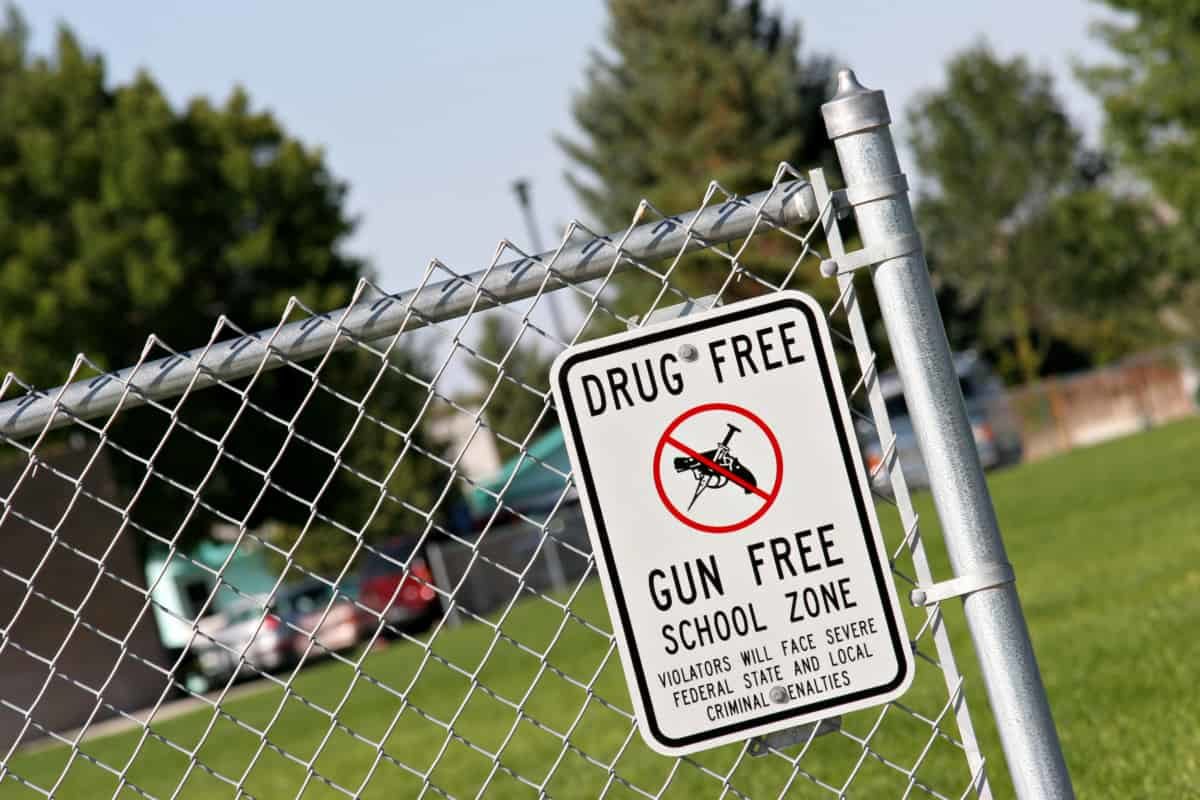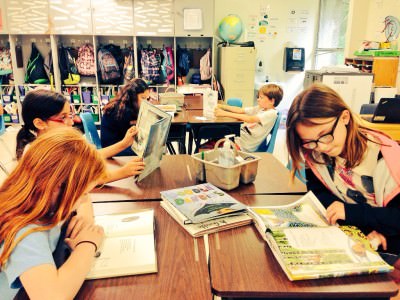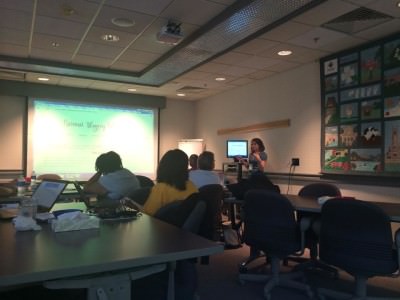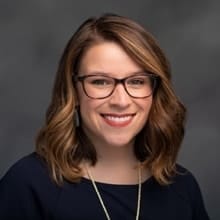
My first year teaching was the same year the Sandy Hook massacre occurred. I was teaching in a public elementary school in Durham, North Carolina. We were a multi-building campus and people didn’t have to swipe in or unlock any of the doors to move between buildings. I had big windows in my classroom that opened into this beautiful swath of trees.
The Monday after the Sandy Hook shooting the administrative team made rounds to speak with teachers about school shooting safety. I had to move a filing cabinet in front of the window by my classroom door so that a shooter wouldn’t be able to see the back corner of my classroom where I would corral my 28 third graders in the event of an attack. I went through and cleared out cabinet spaces so I could fit students into potentially safer hiding places. My door from then on out remained locked and closed at nearly all times, because you never knew when the words “Code Red” would echo from the intercom.
Needless to say, my students and I didn’t get to keep the blinds open to see the trees outside the window after that.
Last week’s school shooting in Parkland, Florida was devastating. As a former teacher, I am shaken to my core every time I hear about school shootings. I become entrenched in the news, learning about the students and teachers who lost their lives. I contemplate my willingness to take a bullet for any one of the students I had in the last five years. I cry. I get angry. My heart breaks. And the cycle repeats.
Despite the fact that we’ve seen multiple school shootings that have resulted in death and injury in these first two months of the 2018 year, mum is still the word on gun control with many legislators. My mom texted me after the shooting in Benton, Kentucky a few weeks ago, which is only a few hours from my home in Nashville, and was appalled that she saw no coverage about the shooting on any major news outlet. She was outraged that people weren’t reporting this tragedy.
Have we really become so desensitized to this? To the fact that people are shooting children? Or the fact that apparently it’s fine to add “human shield” to a teacher’s duty schedule?
House Speaker Tim Moore announced on Tuesday that he will form a bipartisan School Safety Committee to create recommendations for how to keep North Carolina’s schools safe. It was reported that Speaker Moore and the committee will “look at all options” when considering what will be best to keep students and teachers safe.
If this committee truly plans on looking at ALL options and is dedicated to looking at the safety and security of schools and the people in them, I implore them to include reconsidering gun control laws as part of this endeavor.
I do not disagree that mental health has a place in this conversation. I think if a person has a mental health disorder, especially one that is violent, then a gun should not be sold to him or her. However, this problem is not mental-health centric; the problem of school shootings in the United States is about guns. It is about a culture that condones violence and believes that people have an inherent right to own guns.
I appreciate Speaker Moore’s openness to include law enforcement and school districts in the conversation, but we must not forget about the students and teachers whose lives are directly affected by an active shooter on their campus.
There are many people who believe that more school resource officers or more metal detectors will make schools safer.
With an influx of metal scanners and wands and school resource officers, how will students’ psychological sense of safety fare? Are we asking students to go to school or to a prison? Many schools are already set up like prisons, and there are different forms of fear that permeate the hallways from this solution. There is a sense of fear of place, in which students are unsure if the building they are walking into is secure and the people inside it will keep them safe. There is also a very real fear for self, which brown and black students face regularly as they are policed and criminalized in schools.
There are many people who believe that arming teachers with guns will make schools safer.
With guns in the possession of teachers, what is the risk of having a student getting hold of the weapon? With the great budget cuts education has seen in recent years, how would this even be funded? Instead of arming teachers with guns, where are the proposals of arming schools with the resources they need to care for every child?
Speaker Moore wants schools to be “free of fear.” Arming teachers and setting up metal detectors incites fear for many students, bringing up trauma from their pasts and ultimately degrading the school culture into nothing but a place of paranoia. How can we eliminate the fear of place and the fear for self that our students combat on a daily basis?
There are many possibilities for the state to explore when considering how to keep North Carolina schools the safest in the country. My hope is that this special committee engages and follows through with:
- Gaining the insights of students and teachers first, as well as district officials and local law enforcement
- Having the courage to put down partisan lines to do what’s best for kids
- Creating bipartisan, common sense gun control legislation that will reduce the risks of school shooting tragedies
The time to act is now. The state is watching. The nation is watching. The world is watching. We cannot stand for more violence in our schools. Our children, our educators, our families all deserve better. Enough is enough.
Recommended reading



